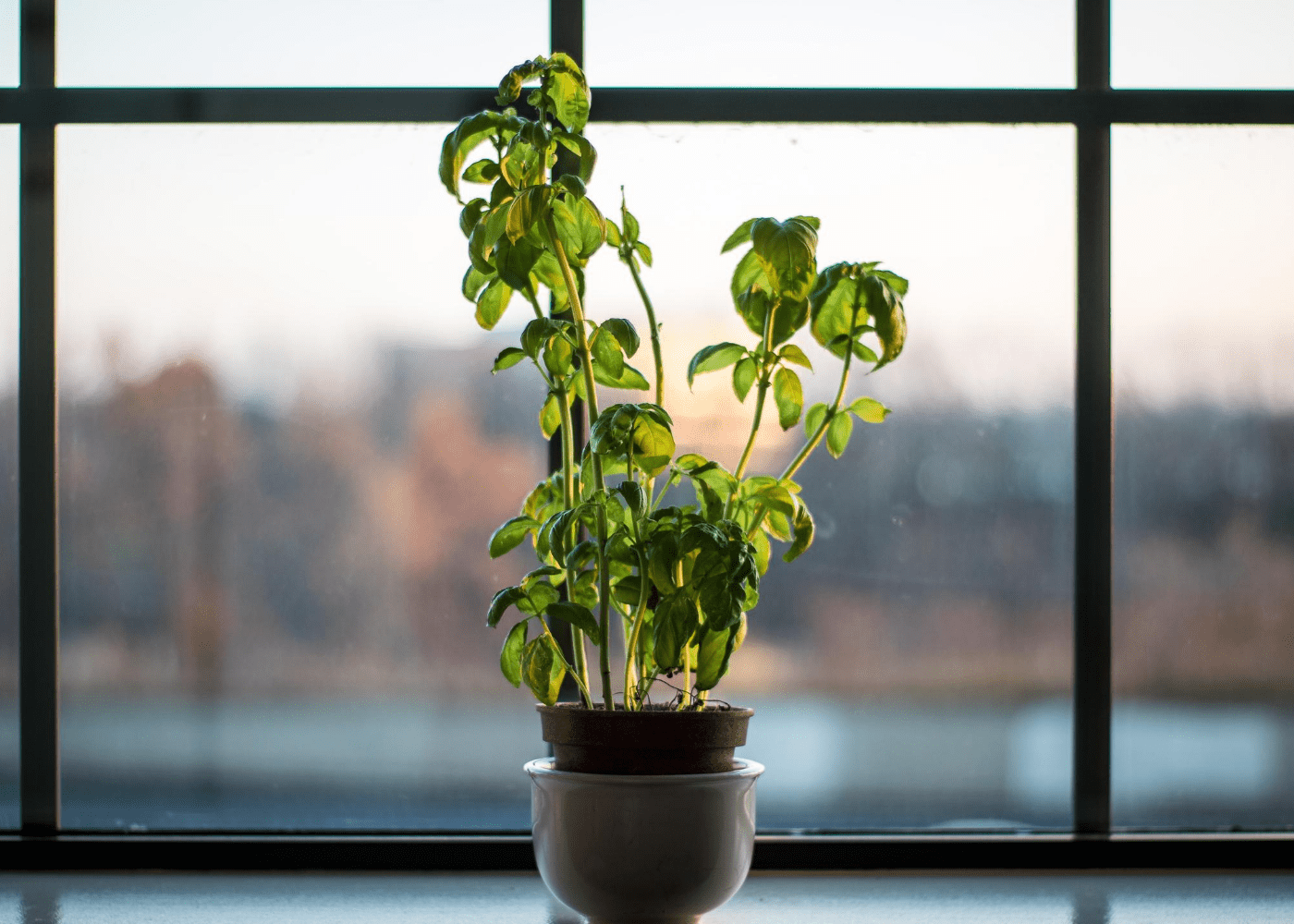
As dengue cases are on the rise in Singapore, keep your family safe from pesky mosquitoes with these easy steps.
Those small little mozzies that we find a nuisance are causing a major dengue outbreak in Singapore. Yep, we’re talking about the Aedes mosquito – the black and white striped insect that transmits the dengue virus. We may have kept the Covid-19 cases under control but let’s not forget the importance of protecting our homes from mosquitoes. Before we talk about how to prevent dengue infections in your family, here are some stats.
During the week of 9 Sep 2023, there were 261 reported dengue cases in Singapore, marking an increase of 48 cases from the previous week. Currently, there are 56 active dengue clusters, with 12 of them under the red alert category (indicating clusters with 10 or more cases). Notably, clusters at Science Park Drive and Lentor Loop are among the hotspots. The total number of dengue infections has reached 6,428 in 2023.

These mozzies can do some serious damage to our bodies if we’re not careful. Be sure to look out for typical dengue symptoms:
- Sudden fever for two to seven days
- Severe headache
- Joint and muscle aches
- Skin rashes
- Nausea and vomiting
- Mild bleeding (from the nose or gums)
- Skin bruises
But fret not, all hope is not lost even if you live in a dengue cluster. Simply follow the National Environment Agency’s advice to spray insecticide in the toilet and dark corners, cover bamboo pole holders when you’re not using them, and allow NEA officers into your home to check for mosquito breeding habitats. Here are six ways to keep the pesky mosquitoes at bay.
How to prevent dengue: 6 easy steps
1. Remove stagnant water

The perfect playground for mosquitoes? Clean and stagnant water. All they need is a water puddle as small as a 20-cent coin to start breeding. To prevent that from happening, make sure you do the five-step mozzie wipeout advocated by NEA. Psst: Plant growers, take note! Check your flower pot plates on alternate days for traces of water. Also, remember to change the water in flower vases regularly and turn over all water storage containers when not in use.
2. Try essential oils

Aromatherapy is popular as it adds a lovely fragrance to your home. But essential oils are also believed to repel mosquitoes. Whether you’re using a diffuser, humidifier or candle, scents like citronella, peppermint, lemon eucalyptus, lavender and lemongrass can help drive those mozzies away.
3. Zap those bugs
Is your natural instinct to slap mozzies in between your palms whenever you spot one? This method’s pretty handy, but for a more efficient way to get rid of these flying insects, get an electric bug zapper instead. Whether you prefer the standing or hanging UV light ones that attract bugs or the racket-like gadgets that you can swing around to swat mosquitoes, either one will save you the trouble of killing mozzies with your bare hands.
4. Grow your green thumb

If you’re into gardening, this natural way to get rid of mosquitoes might be to your liking. Similar to the function of essential oils, there are some plant scents that mosquitoes dislike. These include basil, marigold, rosemary, peppermint and lemongrass – all of which you can grow on your balcony or corridor. If you’re heading outdoors, crush some basil leaves on your skin and clothing – the scent will keep the mosquitoes away. Of course, remember to keep point one in mind!
Fun fact: Marigold can be used to make a natural insect spray, too. Simply mix the leaves and water (one to two cups) in a blender and allow the solution to settle for 24 to 48 hours. Strain the pulp, leaving only the solution. Pour six cups of water in and add about a quarter teaspoon of Castile soap. There you have it! Your very own insect spray.
5. Stock up on mosquito repellent

It’s recommended you spray repellent on exposed areas such as your hands, arms and legs when you’re heading out, especially if you’re living in a dengue cluster or you’re going for a walk in the park. As mozzies tend to congregate in areas with no sunlight exposure, give those dark corners of your home a spray, too. Areas include the bottom of your sofa and the back of the curtains.
6. Install window and door screens
If you’re living in a red alert area with active dengue clusters, it’s best to invest in screens for your windows and doors to prevent mosquitoes from entering your home. You can get them professionally installed or take up a DIY project to keep the mosquitoes (and other insects) at bay. Just make sure the screens are in good condition and don’t have holes or tears in them.
The spike in dengue numbers may be a cause for concern, but with these practical methods, you can keep your home as safe as possible from mosquitoes and prevent the virus from infecting your family.
Words by Sarah Lee
Sarah is a huge movie buff who watches films from all around the world. When she isn’t watching movies, she will either be reading film reviews or sourcing new recipes to hone her culinary skills.
[This article was originally published in 2020 and updated in 2023 by Nicole Nithiyah.]

